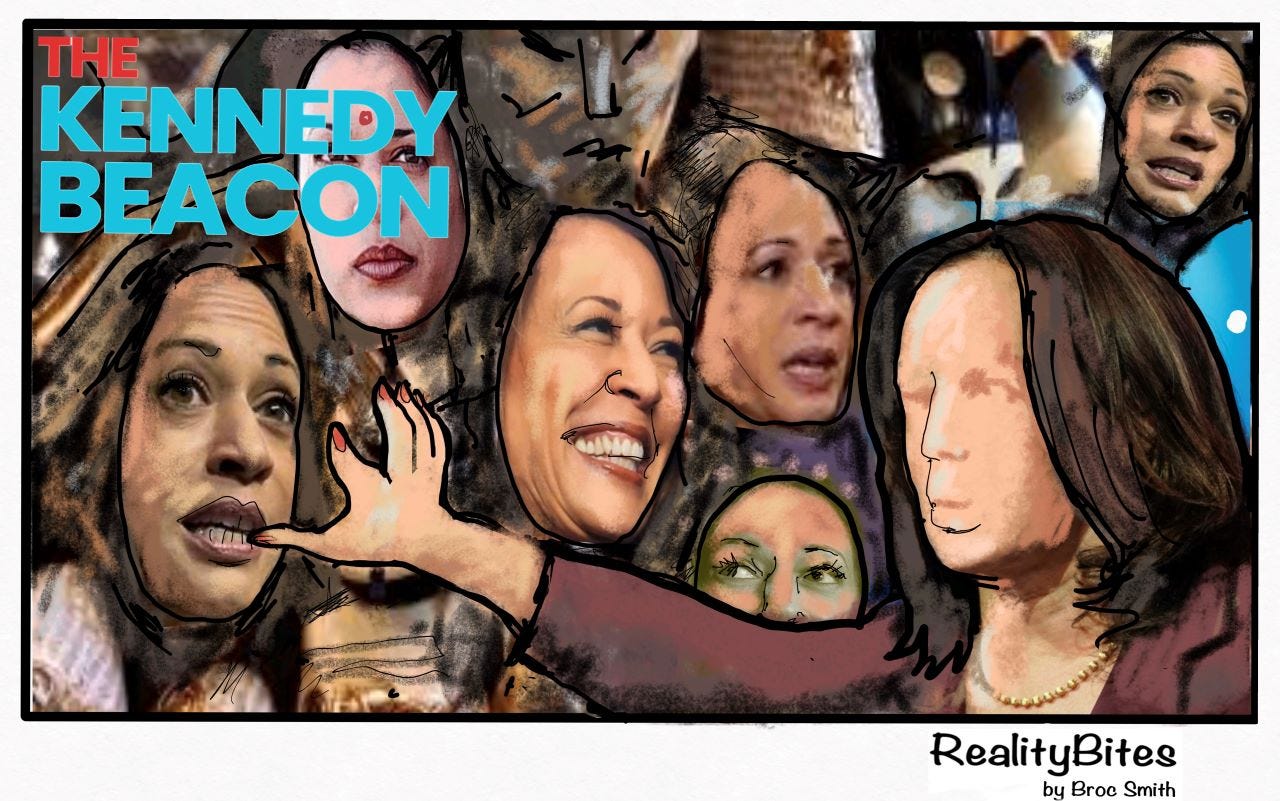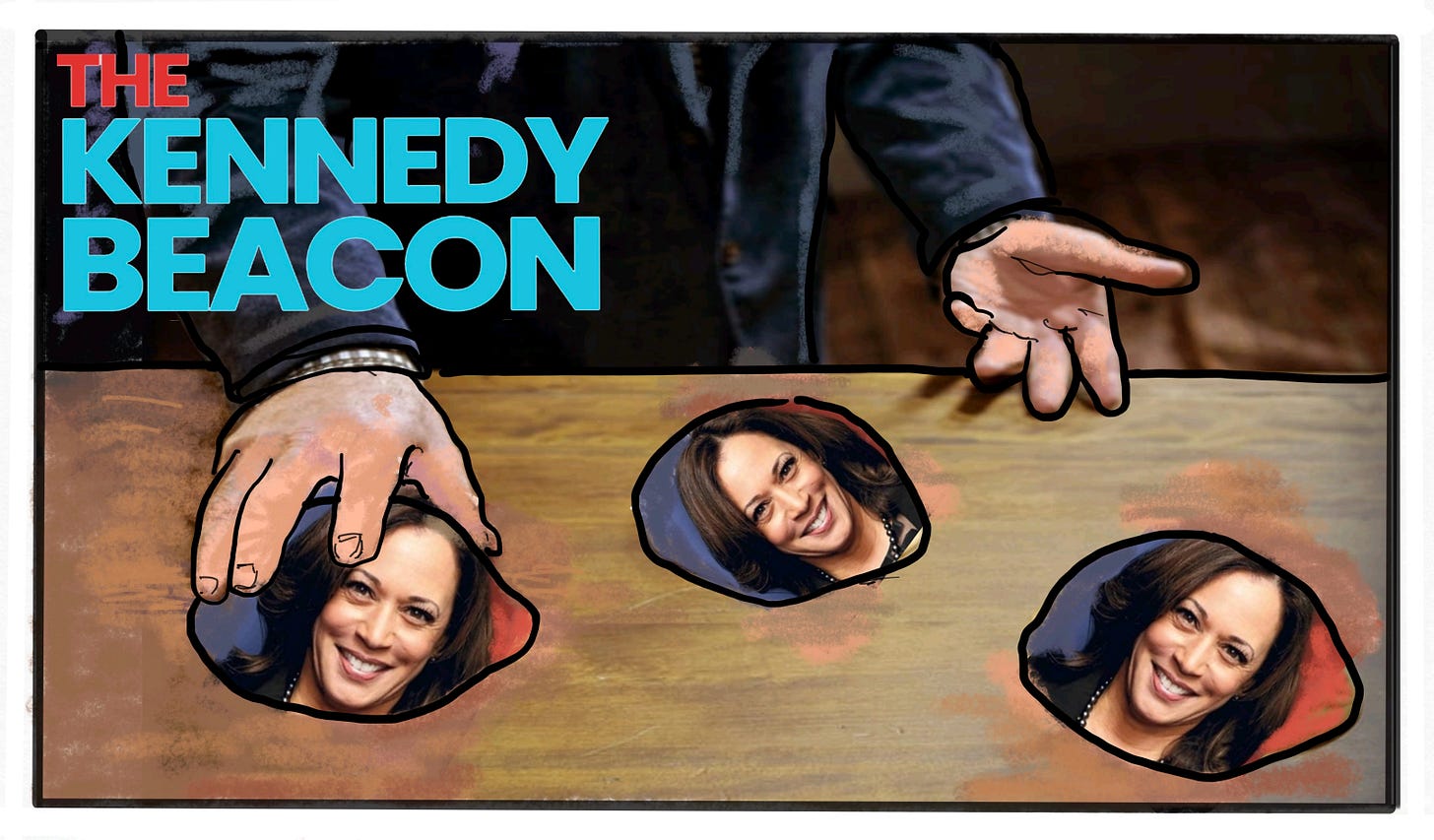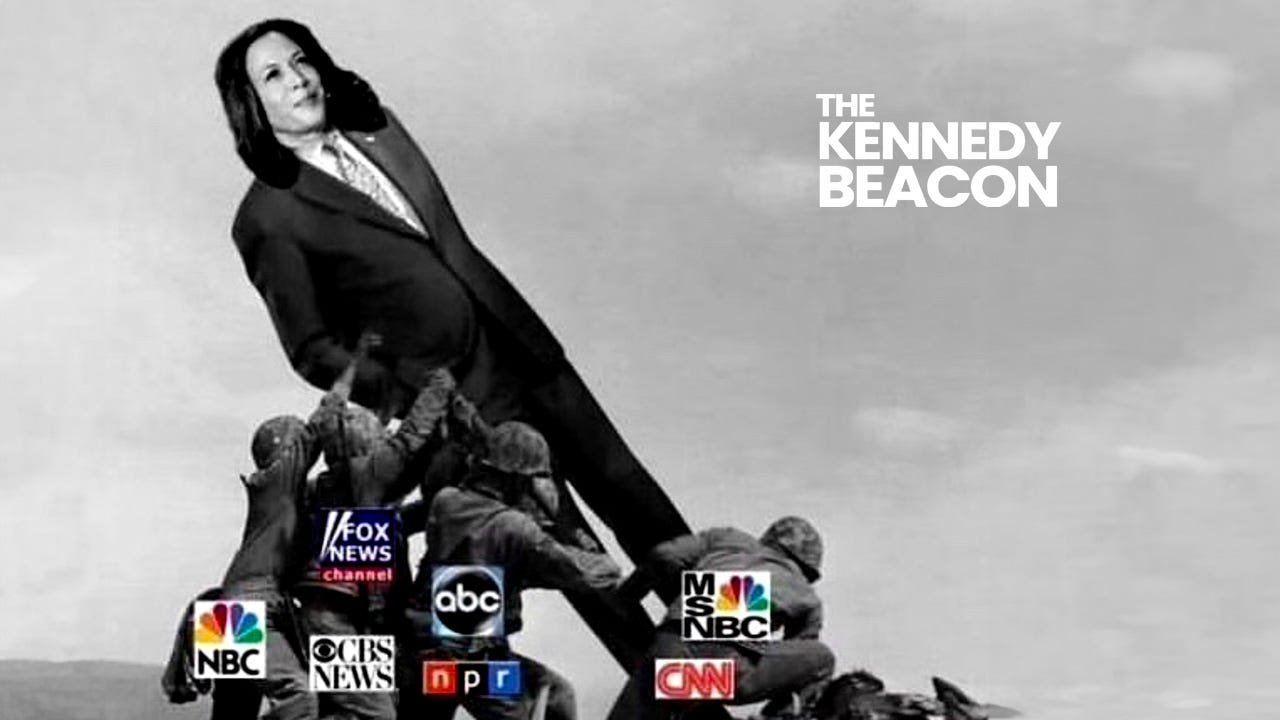By Michael Rectenwald, Special to The Kennedy Beacon
Kamala Harris has suggested that, if elected, her administration would “pass the first ever federal ban on price gouging on food.” This proposal represents nothing other than the promise to institute price fixing on groceries. All talk of attacking “price gouging” by politicians implies price fixing.
Harris and running mate, Tim Walz, want us to believe that their price fixing scheme will help average Americans. It won’t.
The problem with price fixing is that, rather than reducing inflation, it leads to shortages of the goods whose prices are fixed while driving up the prices of other goods.
Price fixing causes shortages because it discourages the production of the affected goods, which would either be sold without earning a profit, or at a loss. Still worse, the excess demand created by the artificially fixed prices of said goods spills over into other commodity markets where it drives up prices. However, if these latter prices are also fixed, there will be shortages of those goods as well.
As the Austrian School economist Ludwig von Mises demonstrated, prices represent the incredibly dense and vital data sets required for allocating resources for commodity production and calibrating these to demand. They serve as indicators of the relative scarcity of commodities and automatically ration those scarce commodities to the highest demanders. When the price of a good is allowed to fluctuate and match the supply with demand, neither surpluses nor shortages emerge. That is, the market for goods will be cleared at equilibrium prices.
When prices are fixed at or below the market value, producers naturally curtail or even cease the production of price-fixed goods — unless, that is, they manage to find cheaper ways to produce them. In the case of food, such cheaper methods might include taking shortcuts in agricultural processes, cutting salaries, and/or forcing farmers to deliver raw materials at lower prices — all of which potentially involve negative outcomes.
In what became known as “the calculation problem,” Mises pointed to the need for true prices in the factors of production. Without these prices, he showed, irrationality and systemic chaos ensue. Eliminating prices in factors of production leads to misallocation of resources, and possibly cancerous, oversized productive capacities in one sector, paralleled by relatively anemic productive capacities in another.
Price fixing leads to similar distortions, including shortages and higher prices on other goods.
The Harris-Walz campaign has suggested that its price-fixing scheme would benefit American consumers by tamping down the cost of groceries. But the prevention of “price gouging” would mean fixing the prices of essential foods, all of which would be subject to shortages.
This price fixing scheme may be considered part of what Harris calls “an opportunity economy,” which otherwise remains undefined. The promise of price fixing is nothing but an “opportunity” for the Harris-Walz campaign to pretend that such measures would serve the people’s interests while they would eliminate foods from grocery stores.
History has shown that price fixing has failed abysmally. It contributed to food insecurity and malnourishment in Venezuela and shortages of price-fixed goods during the Nixon administration. Harris either knows this and is lying about it, or else she’s betraying the economic illiteracy of her policy advisors.
Michael Rectenwald, Ph.D., is a Former Distinguished Fellow at Hillsdale College and Former Professor of Liberal Studies and Global Studies at New York University. At the 2024 Libertarian Party convention, Rectenwald came in second behind Chase Oliver for the Libertarian nomination for U.S. president.








Maybe she knows price-fixing won't work and is lying about it, AND she is betraying the economic illiteracy of her advisors.
excellent article! Thank you!! 🙏